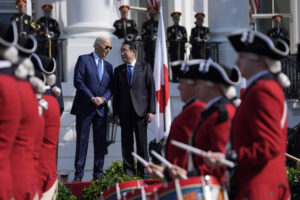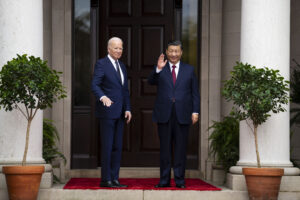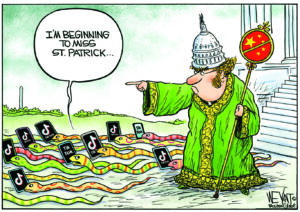What Went Awry in Copenhagen?
A lot of hoopla, and even hope, went into this month's Copenhagen climate convention, and leaders from a slew of nations showed up to try to strike an agreement. So why wasn't a bigger, better deal reached by the end of their power huddle?
A lot of hoopla, and even hope, went into this month’s Copenhagen climate convention, and leaders from a slew of nations showed up to try to strike an agreement. So why wasn’t a bigger, better deal reached by the end of their power huddle? The BBC’s Richard Black offers eight possible reasons. –KA
Your support matters…BBC:
Until the end of this summit, it appeared that all governments wanted to keep the keys to combating climate change within the UN climate convention.
Implicit in the convention, though, is the idea that governments take account of each others’ positions and actually negotiate.
That happened at the Kyoto summit. Developed nations arrived arguing for a wide range of desired outcomes; during negotiations, positions converged, and a negotiated deal was done.
In Copenhagen, everyone talked; but no-one really listened.
Independent journalism is under threat and overshadowed by heavily funded mainstream media.
You can help level the playing field. Become a member.
Your tax-deductible contribution keeps us digging beneath the headlines to give you thought-provoking, investigative reporting and analysis that unearths what's really happening- without compromise.
Give today to support our courageous, independent journalists.






You need to be a supporter to comment.
There are currently no responses to this article.
Be the first to respond.